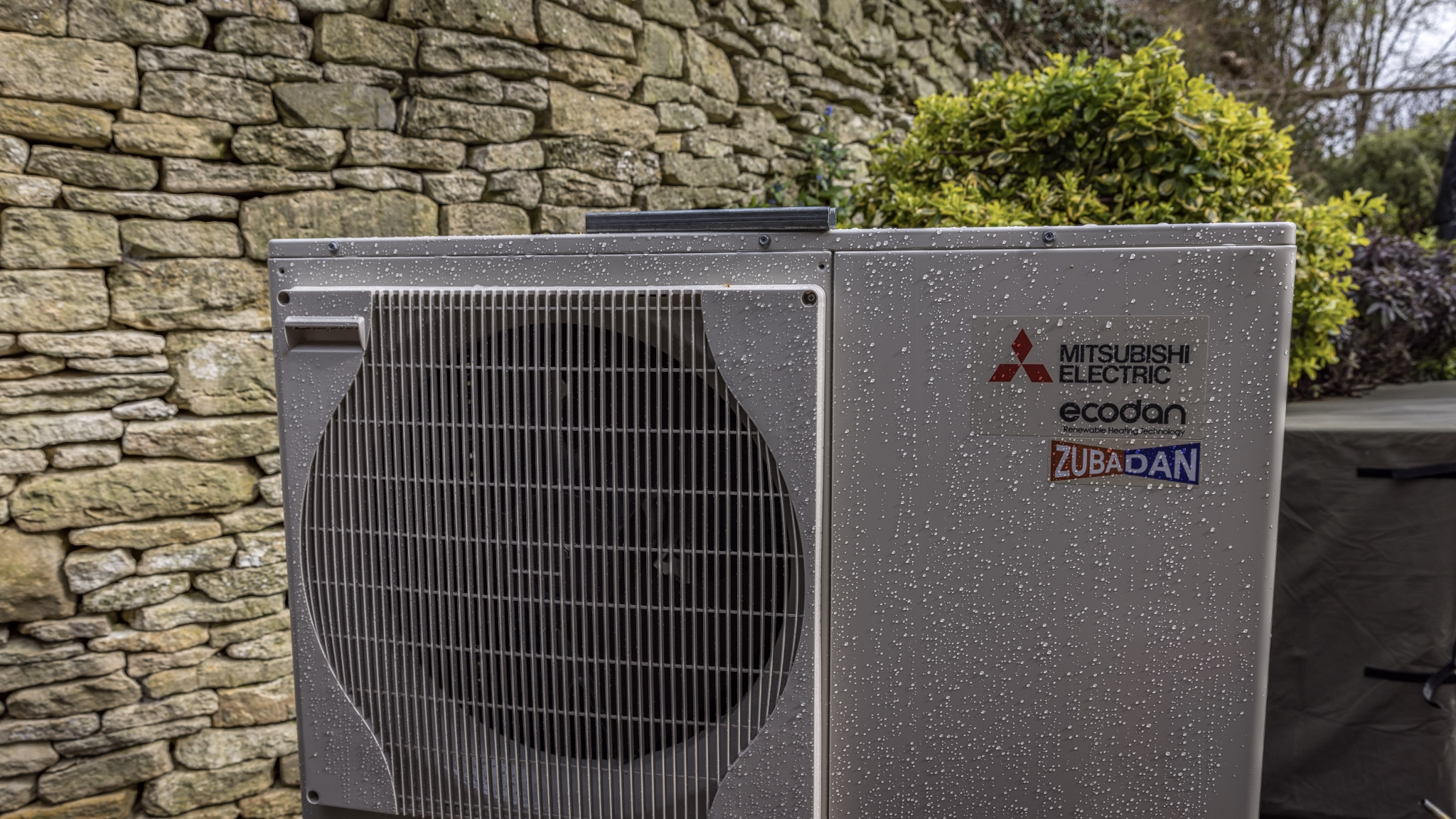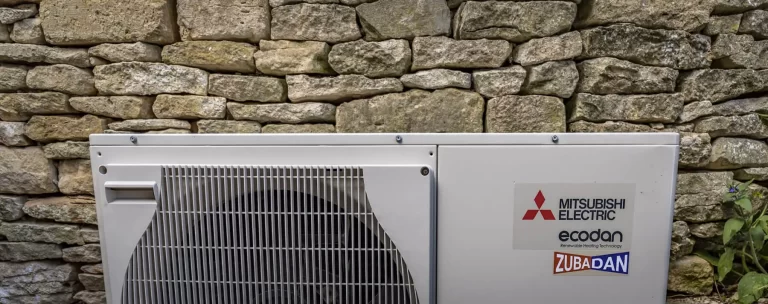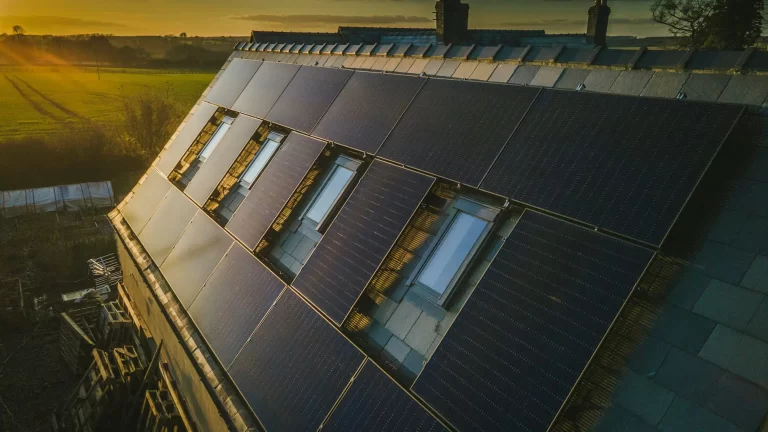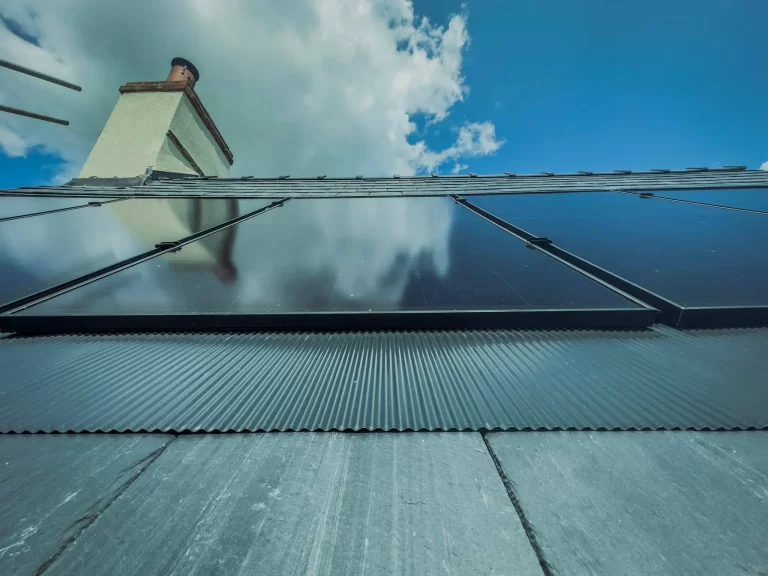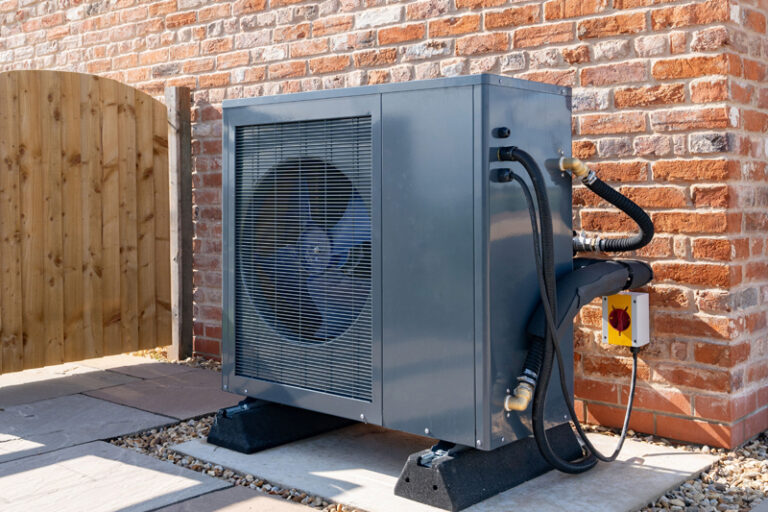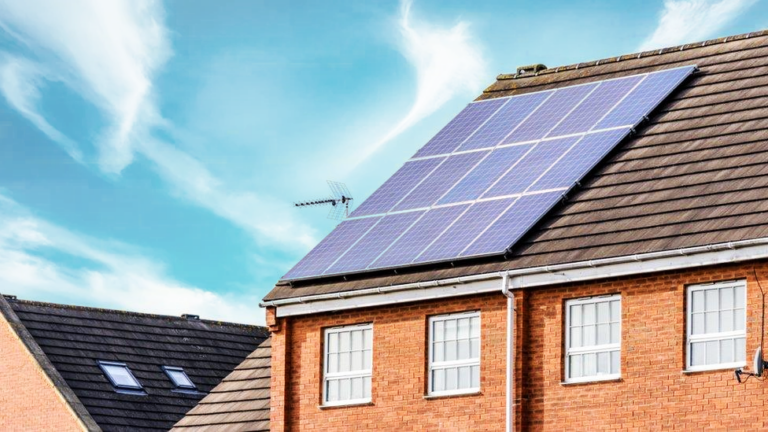Installing a heat pump can be both an economical and environmentally friendly decision, helping you to improve your home’s overall energy efficiency throughout the year. Both ground and air heat pumps can either keep your home warm or cool it down while potentially saving you money and reducing your overall energy consumption, but that’s not all. In this guide, we’ll explore in detail the main advantages of heat pump installation, allowing you to make an informed decision and decide whether this heating system is right for your needs.
Efficient in All Climates
There’s a misconception that heat pumps don’t work in colder climates or during the winter months, but this simply isn’t the case. Modern heat pumps are equipped with advanced technologies that allow them to extract heat from the air even when the temperature is as low as -15°C (5°F). This means they can effectively and efficiently heat your home even in the depths of winter.
Ground source heat pumps are typically the most efficient even when the weather is colder, while air source heat pumps may be slightly less efficient when temperatures drop. However, this small difference won’t affect the temperature your home is heated to, or how quickly it heats up, it just means your heat pump may need to use some extra energy to deliver the best results.
Minimal Noise Disruption
A heat pump operates very quietly and is unlikely to disturb your family or neighbours. The sound they make is a hum that’s quite similar to that of a fridge and should be no louder than a quiet conversation, which most heat pump owners consider to be white noise. While an air source heat pump will be louder than ground source, it’s still within a comfortable range for residential areas and will be quieter than any nearby traffic. In fact, modern heat pumps are now even quieter than older models thanks to sound-dampening technology and noise-reducing covers that can lessen the vibrations of outdoor units for even less noise.
Low-Cost to Run
Designed to be more energy efficient than other types of traditional heating systems, heat pumps are generally low-cost to run and could save you money on your energy bills. This is largely because heat pumps aren’t creating heat themselves, simply moving it from one place to the other, which means they don’t need to use as much energy as other types of fuel-burning systems that actually generate heat.
The efficiency of a heat pump can be quantified by its Coefficient of Performance (COP) for heating and the Energy Efficiency Ratio (EER) for cooling, which often shows that heat pumps can provide the same amount of heating or cooling for a fraction of the energy used by conventional systems. For example, a heat pump with a COP of 3 delivers three units of heat for every unit of energy consumed. This level of efficiency can lead to significant cost savings, especially when compared to a traditional central heating system like a gas furnace, which cannot exceed 100% efficiency (a COP of 1).
However, keep in mind that whether you save money and the amount that you do save will depend on the type of heating you’re currently using, how much energy your household consumes, and the cost of energy.
Green Energy
One of the biggest benefits of heat pumps is undoubtedly their eco-friendliness. Unlike traditional heating systems that burn fossil fuels and emit greenhouse gases, heat pumps use naturally existing heat in the air, ground, or water to heat homes and produce hot water, significantly reducing a building’s carbon footprint. In fact, over the course of a decade, heat pumps have the power to reduce your overall carbon emissions by over 23 tonnes.
While heat pumps do need to use electricity to run, pairing your heat pump system with other renewable energy systems such as solar panels or wind turbines can make them an even more environmentally conscious choice. What’s more, the amount of energy heat pumps consume is minimal compared to the amount of heat they’re able to produce, meaning that even if they’re running on non-renewable electricity, they’re still a greener choice than more traditional alternatives.
Suitable for a Range of Properties
As a versatile heating system, heat pumps can be used in and adapted to different types of properties. While most compatible with new builds that are well-insulated, there’s no reason heat pumps can’t be effective in older buildings as well. Older homes may need to have some upgrades, such as having larger radiators, underfloor heating, or better insulation installed, but after these modifications, a heat pump can work just as effectively as in a newer property. Heat pumps can also be installed in both urban and rural areas as long as there is enough space outside the home to accommodate them.
Long-Lasting
Heat pumps are much more durable than many of their counterparts, lasting between 20 and 25 years when maintained properly. By contrast, standard boilers typically need to be replaced every 10 years and are much more prone to breakdowns, which could not only end up costing a significant amount of money, but also interrupt your heating and hot water supply until resolved. Heat pumps are much more reliable due to the fact they’re made up of fewer moving parts and are overall much simpler operationally than a combustion boiler.
No Fuel Storage Needed
If your home is off-grid, you may currently have to store has or other fuels in order to heat your home. Heat pumps are particularly popular with homes in remote locations, as they don’t require you to order and store fuel in order to keep your home warm. Depending on your needs, a heat pump can be run on electricity from a generator, the grid or your own solar panel system. You’ll likely save money on fossil fuel delivery costs as well as benefit from the convenience of no longer having to consider storage or keep an eye on fuel levels throughout the year.
Low Maintenance
Compared to traditional gas boilers, heat pumps are very low maintenance and only require an annual service to ensure that everything is working correctly. Problems are rarer than with other types of heating systems, meaning that it’s unlikely that your servicing will lead to expensive repairs. However, annual checks are advised to make sure you’re getting the most out of your heat pump, as small issues could cause bigger problems if they’re ignored for a long time.
Smart Home Compatible
Regardless of whether you choose an air or ground source heat pump, you should be able to connect it to your wider smart home system for even more control. You’ll be able to adjust settings remotely, automate heating or cooling based on who’s home or what the weather’s like, and keep tabs on energy use, all from your smartphone. Plus, with voice command features through devices like Amazon Alexa or Google Home, you can control your environment with just a few spoken words.
Financial Incentives Available
If you’re thinking about installing a heat pump, you may be able to reduce your initial costs by taking advantage of the government’s Boiler Upgrade Scheme (BUS). Introduced to support the UK’s zero emissions targets and help homeowners replace heating systems that rely on fossil fuels, the BUS means you could get up to £7,500 to put towards a new heat pump installation if you’re replacing an old gas boiler. There are certain restrictions and only some types of boiler replacements are included in the scheme, so make sure you read the terms and conditions carefully before applying.
Heat pumps have a huge range of advantages, but the ones that apply to you will vary depending on your priorities and circumstances, as well as the type of heat pump you choose and the heating system you currently have installed. Whether you’re hoping to lead a greener life, reduce your energy consumption or make your off-grid lifestyle easier, take the time to understand both the advantages and disadvantages of heat pumps before making a decision that’s right for you.
Final Thoughts on Heat Pumps
Heat pumps have a whole host of benefits to offer, making installing one a smart and practical choice for many homeowners. These heating systems work efficiently in all kinds of weather, operate quietly, and can even cut down on energy bills. They’re also one of the most environmentally friendly ways to heat or cool your home, which helps you to reduce your carbon footprint and lead a more eco-conscious life.
Heat pumps are versatile enough to work in various types of homes, even older ones or those in remote areas, and they don’t require fuel storage. Plus, they last a long time and need very little maintenance. With the added bonus of being able to connect to smart home systems and potential financial incentives like the UK’s Boiler Upgrade Scheme, heat pumps offer a reliable, cost-effective, and green heating solution.

